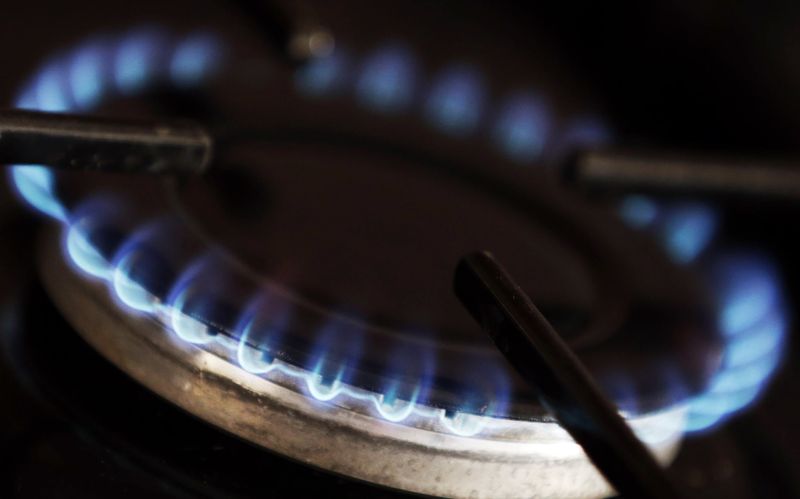By Jan Strupczewski
BRUSSELS (Reuters) -Measures to support the euro-zone economies against soaring energy prices could complicate 2023 budget plans if they need to be extended into the spring, the region's finance ministers said on Monday, noting the potential impact on already-high inflation.
The ministers, representing the 19 countries sharing the euro, are to return to the topic in early December when they discuss 2023 budgets in more detail, but they reiterated such support should be temporary, targeted and not fuel demand.
While many of the support schemes, which total around 200 billion euros, or 1.25% of euro zone GDP, expire in the second quarter of 2023, some may have to be extended if prices continue to be high, complicating budget planning.
"We noted that a key issue for the overall policy mix for the budget outlook for next year is what happens if measures are extended into spring and beyond," the chairman of the ministers, Paschal Donohoe, told a news conference.
"So this will be a very important juncture for budgetary policy for the coming period," he said.
Fair competition in the bloc is another key goal after Germany angered EU peers in September by offering help for households and businesses worth up to 200 billion euros over a few years - an amount few countries can match.
Critics say such massive support threatens fair competition within the EU's single market. Other EU countries have announced support plans, but much smaller.
Such schemes, which act like fiscal stimulus, not only increase already large public debt in the 19-country euro zone, but also make it difficult for the European Central Bank to fight inflation, which hit an annual 10.7% in October.
"Ministers notice...the trade-off between reducing inflation while also supporting both vulnerable households, and also the euro area's international competitiveness," Donohoe said.
With that in mind, euro zone ministers agreed in October that such government help should be targeted and temporary - although most of such schemes have not been.
"The majority of these measures, around 70% adopted by member states so far, are untargeted -- meaning that they benefit all or a very large share of the population," EU Economics Commissioner Paolo Gentiloni said.

"We are aware of course that targeting is not always easy, politically and technically, especially if you have to react very quickly," he said.
To address this, one of the options under discussion is for governments to provide a fixed amount of energy to a consumer at a subsidised price, with consumption above that limit to be settled at the higher market price, officials said.